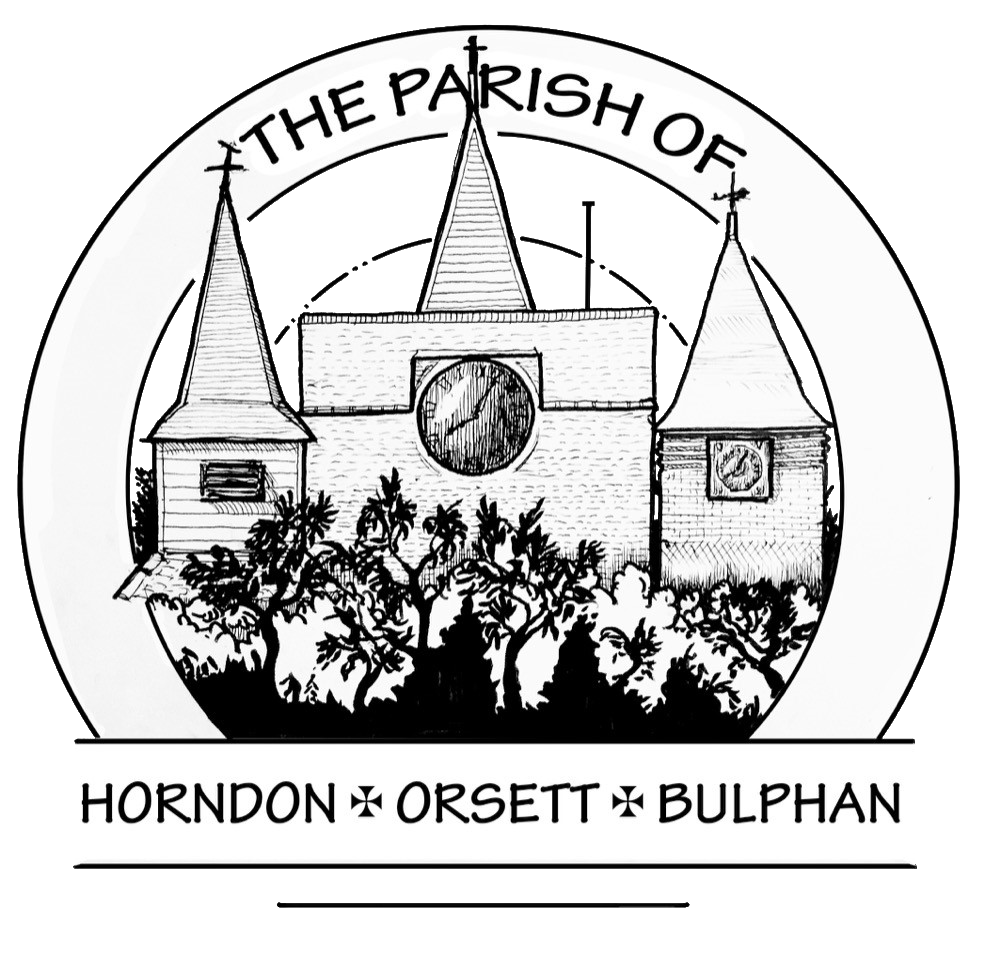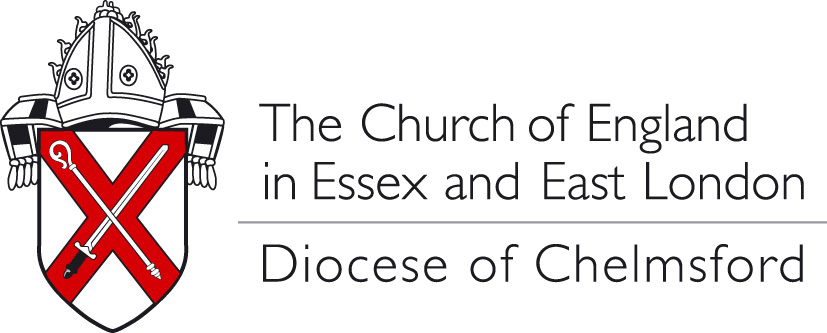My husband is in a book group and recently he encouraged them to read the book ‘Frankenstein.’ Some of the book group members were slightly skeptical about this but it provoked some really good conversation.
A friend, who is also in the book group, shared some of her thoughts, saying that ‘Frankenstein’s monster does terrible things but is also a profoundly sad creature, longing for love, friendship, and belonging, and only prompted to acts of cruelty and destruction when these are denied him.’ She went on to suggest that this isn’t too dissimilar from the Gerasene man we recently read about in a Bible passage in church, who is possessed by demons, and who doesn’t obey the normal rules of society, with regard to wearing clothes and living in a house, although we don’t know whether he has done anything very dreadful at all. What we do know, though, is that the local community finds him more than difficult to deal with and, so, on occasion have imprisoned him, chained him and shackled his feet. They, themselves, have ‘demonised’ him. But Jesus treats the man differently even though he greets Jesus angrily. Jesus frees him from his troubles, and restores him to the ordinariness of life, clothed and able to sit in comfort alongside others, about which the locals are very upset. The locals are also, perhaps, somewhat fearful and maybe even disappointed that they, no longer, have a person against whom they could unite.’
My friend, who is a priest, went on to say that she preached to her congregation on this passage and related it to our current political situation sharing that, ‘So much of our current politics has been defined by who or what we are against. Brexit versus Remain. Boris versus the rest. Even in a recent opinion poll, England against, or at least without, Scotland or Northern Ireland.’ And she said that ‘it had crossed her mind to wonder how some people will find a common cause when we are no longer members of the EU, and can blame Europe for what we don’t like…’
We are, of course, concerned for the future of our nation and we want our leader to be someone we can trust and, by the time you read this, our new Prime Minister will have been appointed. But when we are tempted to demonize another person or group of people, by the way we relate to them or by the language we use in describing them, whether it be a politician or person of another faith or culture, or someone living on the streets or a person with a criminal conviction, I believe we are called first to look inwards and consider, in our proposed description of that person or group of particular people, what would we actually be implying about ourselves? It can be so destructive to infer that someone else is less than us – less safe, less trustworthy, less honest, less loveable, less kind – ultimately less worthy of a place in the world. Sometimes it does us good just to pause and ask ourselves, who are our monsters or demons, worldwide, nationally or locally, to recognize this and act upon it as Jesus would…
My friend finished her sermon with the following words:
‘ “Here be monsters” it used to say on old maps. “Here be monsters” might very well be the headlines of some of our papers and news sources. Look a little closer, and we will see beings made in the image of God. ‘
With love and prayers,
Sue

